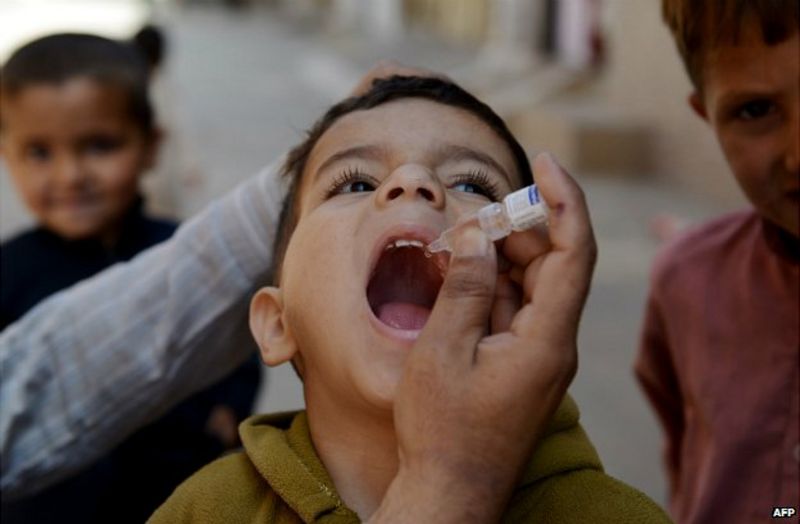Poliomyelitis, commonly known as polio, is a highly contagious viral disease with a predominant impact on children under the age of 5. The virus spreads through person-to-person contact, primarily via the fecal-oral route or occasionally through a common vehicle, such as contaminated water or food. It multiplies in the intestine and can infiltrate the nervous system, leading to paralysis.
In 1988, the World Health Assembly initiated the Global Polio Eradication Initiative, a collaborative effort involving national governments, WHO, Rotary International, CDC, and UNICEF, and later joined by the Bill & Melinda Gates Foundation and Gavi, the Vaccine Alliance. Since then, wild poliovirus cases have plummeted by over 99%, from an estimated 350,000 cases in 125 endemic countries in 1988 to merely 6 reported cases in 2021. Notably, wild poliovirus type 2 was eradicated in 1999, and type 3 was eradicated in 2020, leaving only type 1 endemic in Pakistan and Afghanistan as of 2022.
However, there has been a resurgence of the poliovirus in Pakistan. Environmental samples from six districts confirmed its presence, including four samples from Karachi, two from Chaman, and one each from Peshawar, Kohat, and Nowshera. The YB2A virus cluster in Afghanistan is identified as the source. The caretaker federal health minister, Dr. Nadeem Jan, emphasized that every child is at risk, as polio can cause lifelong disability in those under five years of age.
Dr. Nadeem Jan underscored the absence of a cure for polio and stressed the importance of vaccination to protect children. He urged parents to welcome polio workers into their homes to administer drops, emphasizing the critical role of vaccines in preventing the virus. Dr. Nadeem Jan reassured the public that Pakistan’s polio surveillance system is functioning effectively, and the government is implementing comprehensive measures to eradicate polio.


